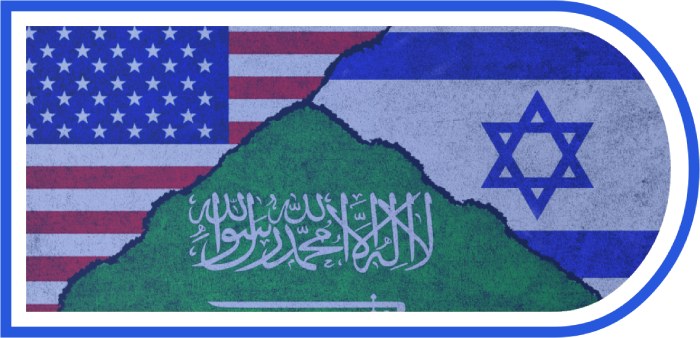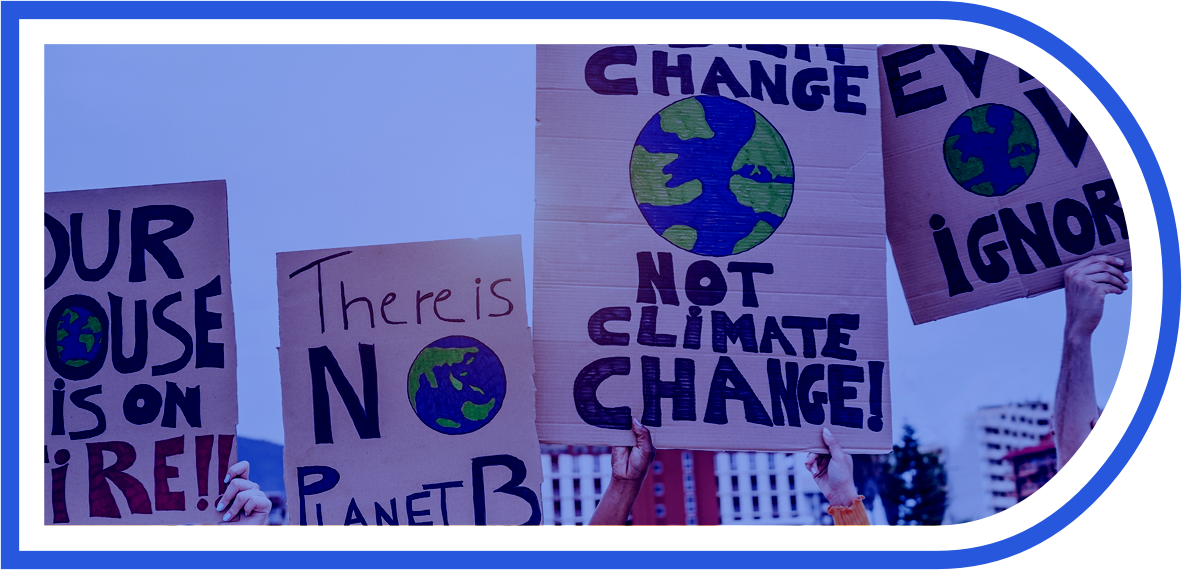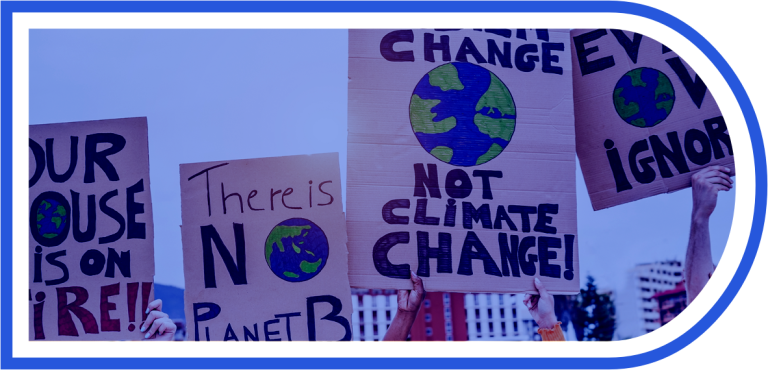MIND DOCS
EXCERPTS FROM UNDISCLOSED MIND POLICY PAPERS AND REPORTS
"Recent developments in Asia require the attention of the Israeli political and security apparatus, while the IDF continues to fend off threats emanating from Hamas, Iran and its proxies in the region. Like-minded countries in Asia see Israel as a military and technological power, creating opportunities for deepening security and technological partnerships."
Source: Mind policy paper on insights from the Asian security environment (April 2024)
"Two years into the war, it is now obvious that the war in Ukraine is a large-scale attrition war. Long wars necessitate comprehensive military preparedness; the ability to deal with a high economic price; …maintaining legitimacy both internal and in the international arena. Ukraine, that was unified in the past, is currently dealing with internal schisms regarding military service…"
Source: Mind policy paper further to the two-year milestone of the war in Ukraine (March 2024)
"Israel's current crisis provides an opportunity to overhaul its national strategy, addressing challenges and maximizing opportunities. This effort should be guided by several key pillars, including reinforcing the IDF considering the failure of the existing security concept, prioritizing the security component in future diplomatic arrangements with the Palestinians, strengthening ties with the United States, enhancing regional integration, and adopting a responsible economic policy to foster rebuilding and prevent stagnation"
Source: Turning Catastrophe Into a Vision: MIND Israel 2024 National Strategy for a Post-Hamas Gaza (January 2024)
"At the heart of the chance of achieving an arrangement in the short term is the fact that both sides have an interest in reaching an agreement to avoid a wide war, but in the long term only partial and temporary agreements will be possible, rather than a stable one״
Source: MIND policy paper UN Resolution 1701 - Zones of Possible Agreement between Israel and Hezbollah (Feb 2024)
"The State of Israel faces a dilemma:
i. To end the fighting in Gaza without significant military action in the north, but promote a national rehabilitation plan with increased military deployment on the border in order to reduce the number of young families that move out and encourage others to move in from other parts of country.
ii. To initiate a military move designed to restore the sense of security in the northern communities so that young families return to live near the border."
Source: MIND survey conducted among approximately 1,000 evacuees from Israel’s northern communities (December 2023)
“MY YOM KIPPUR WAR” - Amos Yadlin shared his personal story of the Yom Kippur War, as a member of Course 68. Yadlin's narrative offers an intimate look of the challenges, experiences and pivotal moments in one of the most memerable and determined events in Israel's history, written from a perspective of a Major who lived it firsthand.
Source: The book "Flight Training - Course 68, 50 years from Yom Kippur War (27.9.23)
“China and Iran have conflicting interests in the Middle East. While Iran is interested in increased instability, which helps it expand its regional influence, China is acting to increase stability in order to lower energy prices and maximize its regional investments. Therefore, Israel and China have overlapping interests vis-à-vis reducing Iranian aggression in the Middle East.”
Source: MIND policy paper to Israeli officials on how to leverage China to counter Iran (23.7.23)
“From the regional perspective, it is apparent that the Iran-Saudi reconciliation has stopped the trend of diplomatically boycotting Hezbollah, and the organization is improving its political standing, especially with Saudi Arabia and the Gulf. In parallel, Iran is pressing Hezbollah to cooperate with the Palestinian factions to threaten Israel and reap benefits.”
Source: MIND policy paper to senior military officials on how to deter Hezbollah and reduce the chances of miscalculations (10.7.23)
“The success of the visit and the ability to leverage it towards a fruitful bilateral dialogue, will determine whether the two nations will diverge from the current trajectory of clash and confrontation, or whether the new route will lead towards a new Cold War, which will be characterized by further tensions and will shape the global power structures, including an armament race in USA/China areas of influence.”
Source: MIND report to Israeli officials following USA Sec. of State visit to China (28.6.23)
“The UAE’s departure from the USA-led maritime coalition is another manifestation of the Gulf’s hedging strategy and diversification of support, ultimately intended to expand their maneuverability between Iran and the USA. This can also be another method to show their disappointment from the bilateral relations with the USA.”
Source: MIND policy paper to Israeli officials on the prospects of Iran establishing a maritime coalition (26.6.23)
“Israel is not willing to enter a negotiation process with the Palestinians under a Chinese umbrella unless the USA will have a part in the process and will press Israel to join. It is highly unlikely that the USA will be willing to cooperate with China on this issue in the near future, or that the USA will be willing to participate in an international summit where it is not leading and sharing credit with China.”
Source: MIND report to Israeli officials on Mahmoud Abbas’s visit to China (25.6.23)
“China’s aggressive behavior, doubled by the growing number of maritime skirmishes between China and its South China Sea neighbors, and the growing tensions between China and the USA on the Straits of the Taiwan, has increased the security needs of ASEAN’s members to strengthen stability and to project a unified maritime front.”
Source: MIND policy paper to Israeli officials on the motivations behind the ASEAN joint military exercise in the South China Sea (13.6.23)

CRITICAL & EMERGING TECHNOLOGIES
Promote an overarching strategy to manage existing risks while advancing the desired horizon,
based on a practical approach.
READ MORE

NORMALIZATION AND REGIONAL INTEGRATION
Provide a strategic framework for realizing the Abraham Accords’ potential
while leading efforts to advance normalization with Saudi Arabia.
READ MORE

PALESTINIANS AND THE REGION
Promote an overarching strategy to manage existing risks while advancing the desired horizon,
based on a practical approach.
READ MORE

GREAT POWER COMPETITION
Conduct strategic and multi-disciplinary assessments of the world-order-shaping
and draw implications for Israel’s national security.
READ MORE

IRAN IN A NEW REALITY
Design a strategic and multi-dimensional framework for coping with Iran
as a nuclear threshold state to prevent it from becoming nuclear.
READ MORE

CLIMATE & SUSTAINABILITY
Provide climate change analysis and its consequences across various arenas relevant to Israel's national security
and leverage it to anchor Israel's leading role in regional and international arenas
READ MORE

ARTIFICIAL INTELLIGENCE
Highlight the critical and emerging technologies's role as a new significant element
in Israel’s national security
READ MORE

Climate & Sustainability
Provide climate change analysis and its consequences across various arenas relevant to Israel’s national security and leverage it to anchor Israel’s leading role in regional and international arenas.
"Netanyahu should still maintain productive economic ties with China, in a way that protects Israel’s national security concerns and unique characteristics, while creating better partnerships with U.S. friends in the West and in Asia - especially India, Japan, and South Korea.”
From a strategic document for the Israeli Cabinet ministers (March 2023).
ARTIFICIAL INTELLIGENCE
Highlight the critical and emerging technologies’s role as a new significant element in Israel’s national security.



